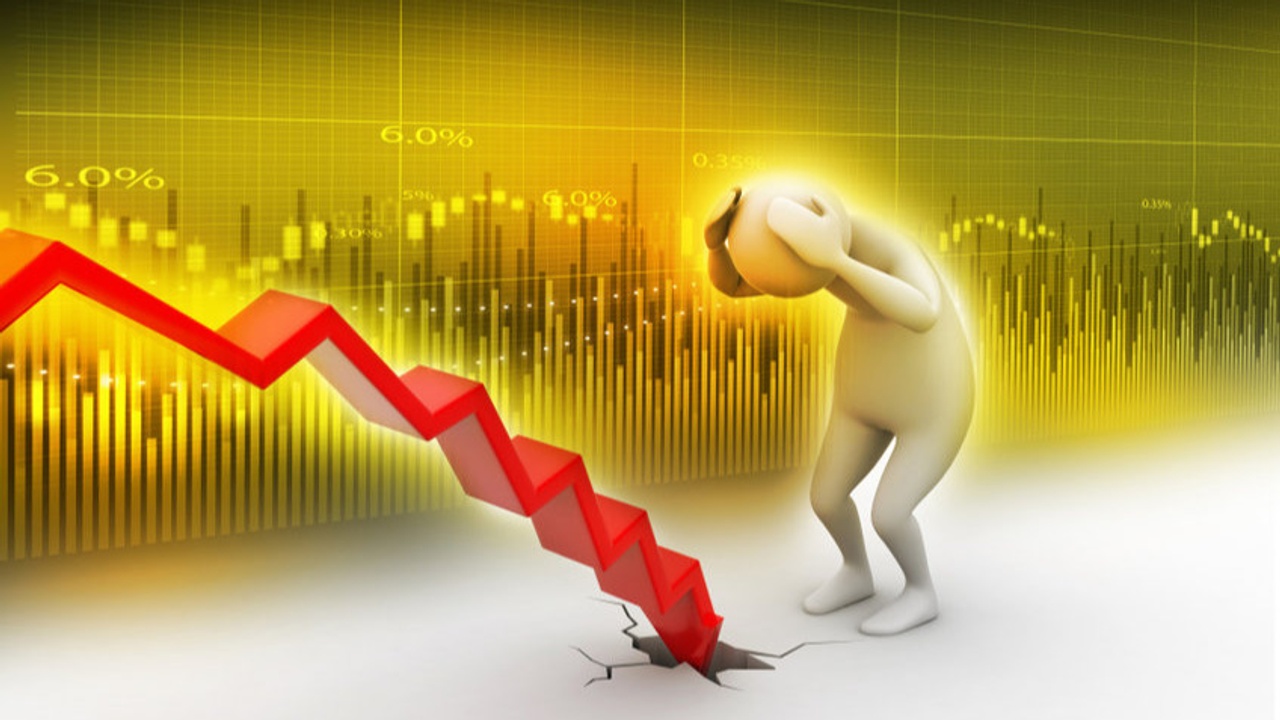Are ETFs Safe?
Jan 24, 2022
A while back I got a question from a reporter about ETFs. The reporter wanted to know are ETFs safe. What should investors know about ETFs? Here is the gist of what I responded.
Let's take a hypothetical investor, we will call her Alicia. Alicia decided to invest in ETFs for the first time. She had read about them but never invested in any. Alicia published her risk tolerance, financial goals and objectives on an exchange website that she learned about from a friend who invested in stocks. The exchange showed her many different data points concerning what was happening with all of these funds each minute, on a daily or monthly basis. It also told Alicia which ones were best rated by third-party sources, like Morningstar.
The danger with this story is two-fold:
The first danger is that Alicia invested in ETFs without fully understanding what they are. She may have assumed that, because they are exchange-traded, they must be safe. But, as we will see later in this article, not all ETFs are created equal.
The second danger is that Alicia relied too much on the ratings from third-party sources. These sources can be helpful, but they should not be the only consideration when making investment decisions.
ETFs can be a great investment option if you understand what they are and how they work. But, like any other investment, there is always some risk involved. It's important to do your own research before investing in ETFs to ensure that you understand how the ETF works, what it’s invested in, and the protentional risk/reward associated.
Exchange-traded funds (ETFs) are like mutual funds in that they often hold many stocks and bonds in a single package. Where they differ from Mutual funds is that they can be traded during stock market hours while Mutual funds are priced just once, after the close of the trading day.
One of the more overlooked issues with ETFs is their liquidity. On a normal trading day, when a lot of people are trading, pricing can be relatively stable. However, on days with high volatility, such as when unexpected news is reported, there might be massive drops in the value of some ETFs.
During those wild sessions, investors all head for the exits at once. That causes bids to dry up in the market and “ETF offer prices” (the price at which you can sell an ETF at) can fall to extremely low levels, when compared to the holdings within the ETFs. We saw this kind of price-action at times in August 2015, late 2018, and even in early 2020 during the COVID crash. Investors who did not have a plan and who were unaware of this market quirk were harmed.
While our financial system will probably be safe from these moves, the ordinary investor is once again susceptible to steep losses that can threaten their life savings. On the flip side, major financial institutions and big investors, who have the knowledge and ability, can profit from other people’s panic. They can also shop around their trades to "Market Makers." Market Makers are people whose job it is to provide liquidity during times of crisis, with large orders they can help institutional investors get better pricing for their clients than if they were to sell them on the open market.
Nobody knows when the next economic crisis will hit. Investors should always be mindful of the reality that volatility can strike with little advance notice. The false sense of security and liquidity investors have with ETFs often cause market drops to accelerate. The ability to trade ETFs in real-time is not always a good thing.
People’s behavior plays an increasingly significant role in today’s investment landscape. Most ETF investment models are based on the performance of individual stocks or mutual funds. We do not really know how ETFs (or more precisely, people holding ETFs) will behave during a real crisis. Volatile price-action and liquidity issues could rattle people’s confidence in these securities. That could cause longer-lasting negative effects.
Financial peace of mind comes from knowing that your bottom line (the food on your table, the roof over your head, the ability to keep living your lifestyle) is protected. When your essentials are protected, then the noise of the market, becomes just that…noise...which you can easily tune out, because you know you have a plan in place to profit from and protect against anything life throws your way.
What's your plan? If the market were to tank tomorrow, what would you do?
Would you panic, or continue eating your pancakes without a care in the world?
The choice is yours.
Have Questions? Get the answers you need.

